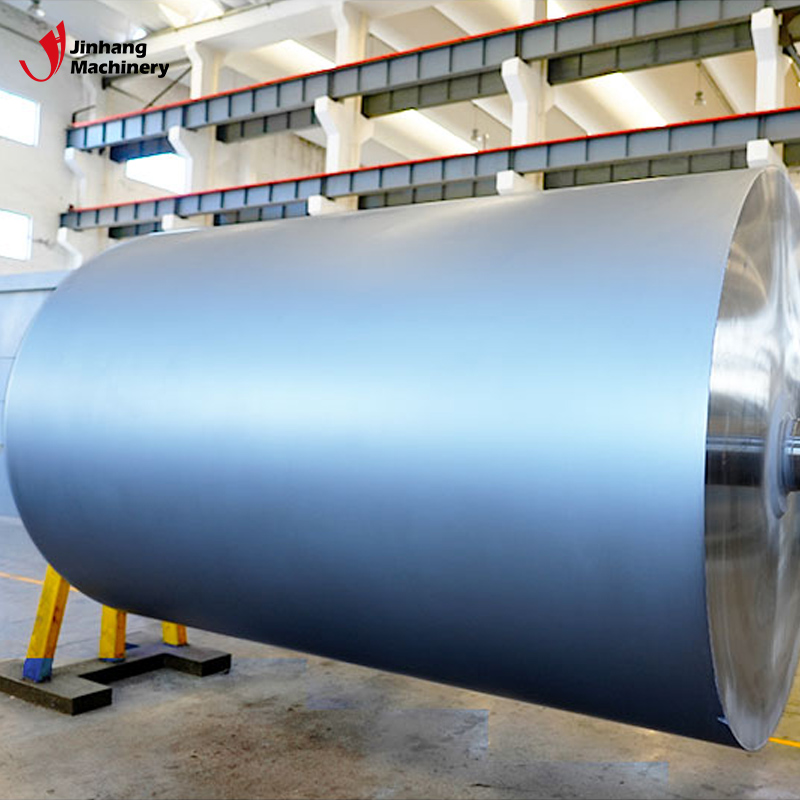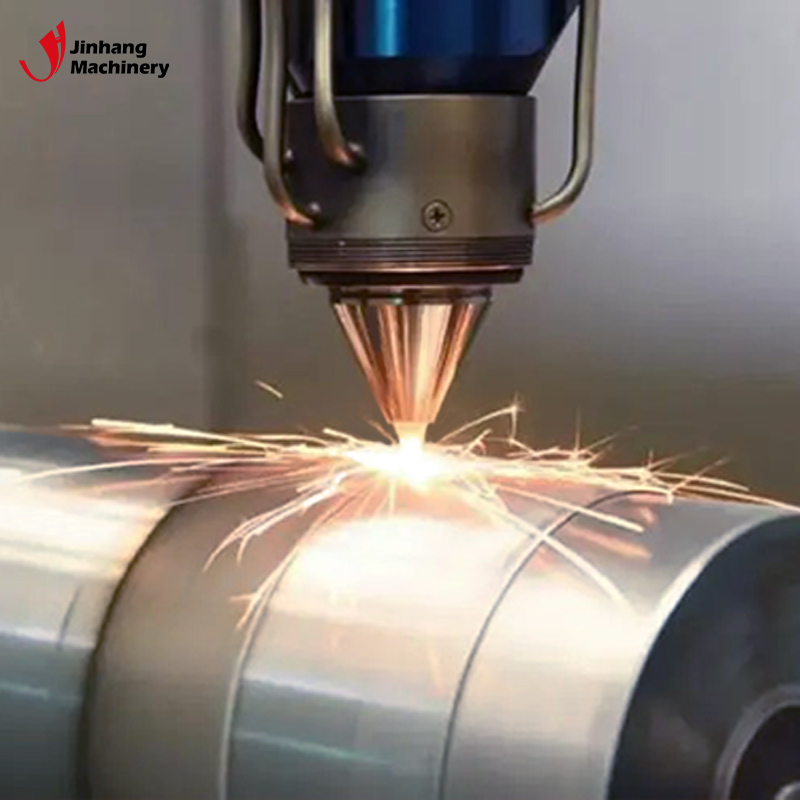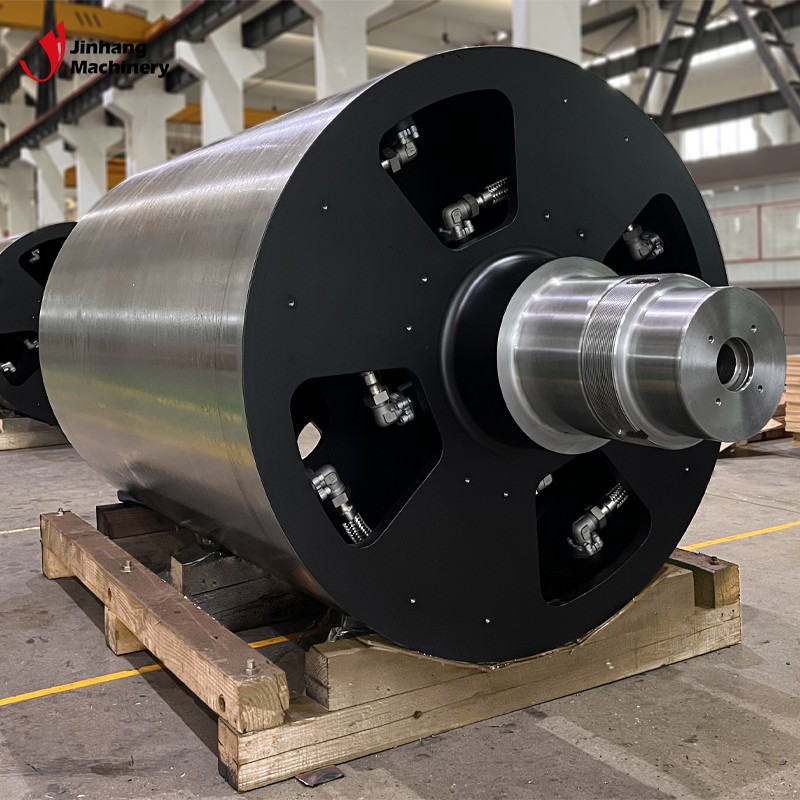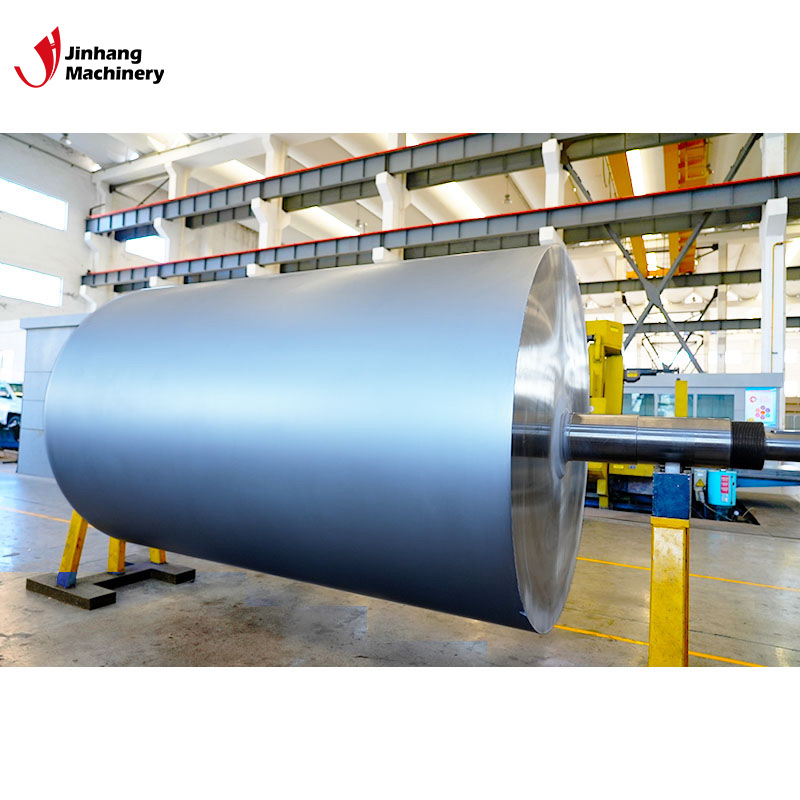How to improve the corrosion resistance of industrial water-quenched rollers?
Industrial water-quenched rollers are widely used in many fields such as metal processing, steel manufacturing, and paint coating. Since rollers are often exposed to high temperature, high humidity and chemical substances during these applications, corrosion resistance has become one of the important indicators of water-quenched roller performance. The corrosion resistance of water-quenched rollers directly affects their service life, work efficiency and production cost. Therefore, improving the corrosion resistance of industrial water-quenched rollers can not only extend their service life, but also greatly improve the stability of the production line and reduce maintenance costs.
This article will discuss in detail how to improve the corrosion resistance of industrial water-quenched rollers through various means, including material selection, surface treatment, coating technology, and correct use and maintenance.

What is the role of industrial water-quenched rollers?
Water-quenched rollers refer to industrial rollers that have a specific hardness and wear resistance through a quenching process (water quenching) at high temperature, and have good corrosion resistance. The water quenching process causes the metal material on the roller surface to undergo a phase change during rapid cooling, thereby improving its hardness and strength. Water-quenching rollers are often used in industrial processes such as metal rolling, heat treatment, coating and cleaning. They are resistant to high temperatures, wear and have a long service life.
Working environment of industrial water-quenching rollers
Industrial water-quenching rollers usually work in extremely harsh environments. These environments include high temperature, humidity, chemical gases, and corrosive substances such as oil, acidic or alkaline solutions. Since water-quenching rollers need to withstand high pressure and high temperature working conditions and operate in a long-term highly corrosive environment, their corrosion resistance becomes an important factor in evaluating their service life and performance.

What are the factors that affect the corrosion resistance of water-quenching rollers?
Material selection
The corrosion resistance of industrial water-quenching rollers is directly related to the materials selected. Common water-quenching roller materials include carbon steel, alloy steel and stainless steel. Different materials have different corrosion resistance characteristics. Reasonable material selection is the first step to improve the corrosion resistance of water-quenching rollers.
● Carbon steel: Although carbon steel is often used as the base material of industrial water-quenching rollers because of its low price and easy processing, its corrosion resistance is poor, especially in acidic or alkaline environments, it is prone to corrosion. Therefore, if carbon steel is selected as the roller material, it is usually necessary to cooperate with coating protection to improve its corrosion resistance.
● Alloy steel: Alloy steel has good corrosion resistance, especially alloy steel containing elements such as chromium and nickel, which has better corrosion resistance than ordinary carbon steel. Alloy steel has good corrosion resistance at room temperature, but under high temperature conditions, the influence of alloy composition is limited.
● Stainless steel: Stainless steel can form a dense oxide film in the atmosphere because it contains a high proportion of chromium, which has strong corrosion resistance. Especially in high temperature environments, stainless steel can effectively resist oxidation corrosion. Therefore, in many highly corrosive environments, industrial water-quenched rollers usually use stainless steel materials.
Surface treatment of water-quenched rollers
The surface treatment process of industrial water-quenched rollers is an important aspect to improve their corrosion resistance. Even highly corrosion-resistant alloys or stainless steel materials are still prone to corrosion in some harsh environments, so surface treatment is needed to enhance their corrosion resistance. Common surface treatment technologies include:
● Coating technology: By applying a special anti-corrosion coating on the surface of the roller, the corrosion resistance of the roller can be significantly improved. Common anti-corrosion coatings include epoxy resin coatings, polyurethane coatings, fluoride coatings, etc. These coatings can effectively isolate the water quenching roller from contact with corrosive substances.
● Electroplating and spraying: Electroplating and spraying technology can form a metal or alloy coating on the surface of the roller. Common electroplating coatings include zinc plating, chrome plating, nickel plating, etc. These coatings can effectively improve the corrosion resistance of the roller, especially the chrome plating layer, which not only has good corrosion resistance, but also improves the hardness of the roller surface.
● Ceramic coating: Ceramic coating is widely used in industrial rollers that require high corrosion resistance due to its extremely high corrosion resistance and wear resistance. Ceramic coating can form a protective layer with high hardness and strong corrosion resistance on the surface of the roller, which is particularly suitable for extreme working environments.
● Nitriding treatment: Nitriding is to form a wear-resistant and corrosion-resistant nitrided layer by infiltrating nitrogen into the surface of the roller at high temperature. This surface treatment can improve the corrosion resistance of the roller, while improving its wear resistance and oxidation resistance.
Roller structure design
The structural design of the industrial water quenching roller also affects its corrosion resistance. For example, the surface roughness, surface finish, and surface defects of the roller body will affect its contact area with corrosive substances. A smooth surface can usually effectively reduce the erosion of the corrosive medium on the roller body and prevent the corrosive substances from being deposited on the surface of the roller body.

How to improve the corrosion resistance of industrial water-quenched rollers?
Select appropriate materials and alloys
To improve the corrosion resistance of water-quenched rollers, it is first necessary to select appropriate materials according to the working environment. For rollers that are exposed to corrosive gases, acidic solutions or high-temperature steam environments for a long time, alloy steel or stainless steel materials containing high chromium, nickel and other anti-corrosion elements can be selected. These materials have excellent corrosion resistance under certain conditions and can effectively extend the service life of industrial water-quenched rollers.
Apply efficient surface coating technology
The use of appropriate surface coating technology is an important means to improve the corrosion resistance of industrial water-quenched rollers. By selecting efficient anti-corrosion coatings, such as epoxy resins, fluoride coatings or ceramic coatings, an effective protective layer can be formed on the surface of the roller body to isolate the corrosive substances from direct contact with the roller body, thereby improving its corrosion resistance. The coating can not only enhance the corrosion resistance, but also improve the wear resistance of the roller body and extend its service life.
Controlling corrosion factors in the working environment
In addition to materials and coatings, controlling the exposure of industrial water-quenched rollers to corrosive substances during use can also significantly improve their corrosion resistance. During the production process, water-quenched rollers should be prevented from direct contact with corrosive chemicals. If necessary, corrosion risks can be reduced by adding preservatives, adjusting the pH value of the solution, and improving the temperature and humidity control of the working environment.
Regular inspection and maintenance
Regularly checking the use of industrial water-quenched rollers and promptly discovering and repairing surface damage are effective means to maintain their corrosion resistance. When cracks, scratches, wear or other damage appear on the surface of the roller, they should be repaired as soon as possible to prevent corrosive substances from penetrating into the roller through cracks or defects. Regularly cleaning the roller surface to remove attached corrosive substances can also help maintain its good corrosion resistance.

Precision Rolls Customized for Your Specific Needs – Affordable and Reliable
At JH Machinery, we take pride in providing precision-engineered rolls designed to meet the diverse needs of industries such as packaging, metallurgy, and automotive. Our high-quality rolls include cooling rolls, heating rolls, and polyurethane rolls, all manufactured to the highest standards. We offer affordable pricing, bulk discounts, and wholesale options, allowing you to get the best deal for your company. Get in touch today for a quote or to discuss your customized roll requirements. We are here to help!
